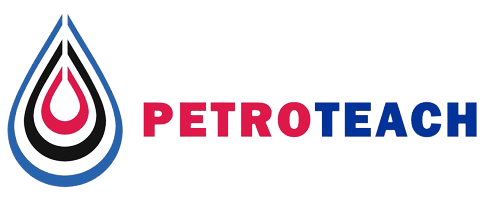o Case Histories
o Compiling and checking the input databases, data types, model planning
o Defining the structure and stratigraphic framework; faults, grids and model sizing
o Facies inputs for models: Diverse Sources; Visual versus Electrofacies classification (machine learning); Issues, scale, rules for preparing for modeling; improving Rock Types
o Facies trend modeling: proper techniques and choices for building 1D, 2D and 3D proportions; integration of seismic attributes
o Topics on Petrophysical modeling of porous media and fluids: Porosity, water saturation methods, permeability, mechanical; scale, physics and specific rules, oil in place methods
o Re-scaling for the simulator techniques, specific parameter choices, practices and issues
o Post-processing: net pay, connectivity, summarizing and using uncertainty, parameter distributions, ranking and choosing



